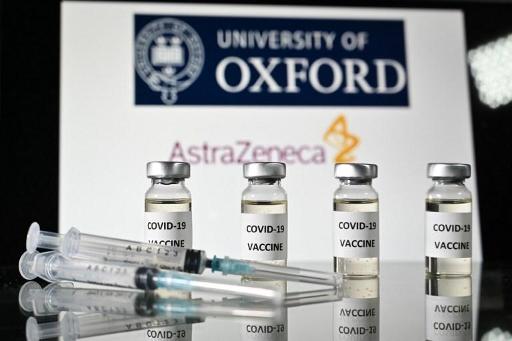The more vaccines the world has against the coronavirus, the better the impact of Covid-19 on our societies can be countered, said Iskra Reic, AstraZeneca's vice-president in charge of Europe and Canada.
"It's not really a competition. We need more than one vaccine, more than two vaccines, if we really want to vaccinate quickly and globally the population," Reic told the Belga press agency.
On Monday morning, AstraZeneca and Oxford University published interim results from large-scale clinical trials in the United Kingdom and Brazil of their Covid-19 candidate vaccine.
The vaccine is 90% effective if inoculated in two stages: half a dose first, before a full dose a month later. It drops to 62% if the vaccination consists of two injections of a full dose.
Related News
- Coronavirus: Eleven vaccine trials now in final phase
- EU drugs agency could approve Covid-19 vaccine by early 2021
- Coronavirus immunity lasts up to six months, study shows
It will be up to the European Medicines Agency to decide, "it has all the interim data," she said.
131 Covid-19 cases were reported in the study as of 4 November, when the data presented on Monday were compiled.
"But there have been no severe cases, nor any hospitalisation, so we can speak of 100% effectiveness in that sense," Reic said. The next data should be even more significant, since the incidence in the UK - one of the countries where the study is taking place - has risen sharply since then, according to Reic.
AstraZeneca and Oxford University are the third player to present their interim phase III results, after Pfizer/BioNtech and Moderna presented their results recently. AstraZeneca is not worried about the slight delay, Reic said.
"This is not a competition (...) the more vaccines there are, the more manufacturing and distribution capacity there is, the better it is to resolve the situation and counter the impact of Covid-19" on our societies, she said.
The Brussels Times

